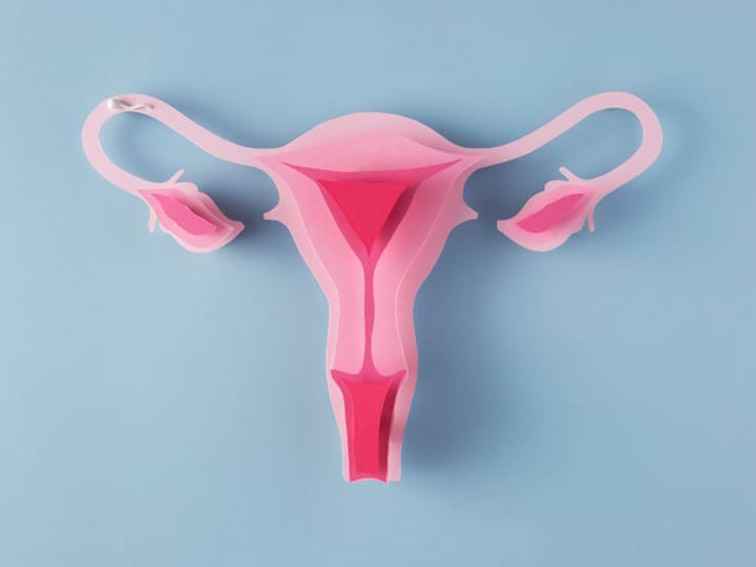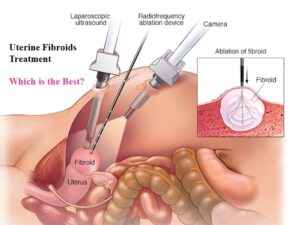Cervical Insufficiency or an incompetent cervix is the weakness of cervical tissues that causes the opening of the cervix and results in premature birth or the loss of an otherwise healthy pregnancy.
The cervix is the lower part of the uterus that opens to the vagina. Before pregnancy, it normally remains closed and is firm. The cervix begins to change as the pregnancy reaches term – it gradually softens, effaces, and dilates (opens). But, when you have an incompetent cervix, it begins to open too early leading to premature birth (you will give birth too early) or loss of pregnancy.
What are the symptoms of an incompetent cervix?
Many women don’t have any signs and symptoms during the early stages of pregnancy if they have an incompetent cervix. Some women may have mild discomfort or spotting over the course of several weeks starting between 14 to 20 weeks of pregnancy. However, symptoms if present may include the following:
- Mild abdominal cramps
- Pelvic pressure
- A new backache
- Mild vaginal bleeding
- Changes in vaginal discharge
Are there any Risk Factors?
In a majority of the cases, there are no known risk factors. In general, the following factors may increase the risk of cervical insufficiency:
Congenital conditions: Genetically linked connective tissue disorders that affect collagen tissues may lead to cervical insufficiency. Abnormalities in the uterus may also cause an incompetent cervix.
Ethnicity – black women are at a higher risk of developing an incompetent cervix.
Cervical trauma: Surgical procedures such as D & C, previous cervical biopsy, and other procedures to treat cervical abnormalities may result in cervical insufficiency. In rare cases, a cervical tear during previous labor can also cause cervical insufficiency.
What are the complications of Cervical insufficiency?
Pregnancy loss and premature birth are the major risks associated with an incompetent cervix. The possibility of this risk increases during the second trimester of pregnancy.
How is an Incompetent cervix diagnosed?
Transvaginal ultrasound
Your gynecologist may use transvaginal ultrasound to check and examine the length of the cervix ( cervical length <2.5cm) and to see whether any membranes are protruding through it. In this type of ultrasound, a thin transducer is inserted into the vagina to send out sound waves and display images on a monitor.
Cervical insufficiency can only be detected during pregnancy. Still, it can be difficult to diagnose, especially during the first pregnancy. Your doctor will ask about your symptoms and medical history. Be sure to tell your doctor if you have had a miscarriage in the second trimester or had cervical surgery. A gynecologist can diagnose cervical insufficiency if you have painless cervical dilatation and second-trimester labor history; and also, advanced effacement and dilation before 24 weeks of pregnancy.
Pelvic examination
your gynecologist will perform a pelvic examination to check whether the amniotic sac is protruding through the opening. If they find fetal membranes in the cervical canal or vagina, it indicates an incompetent cervix.
There are no tests that can be performed before pregnancy to reliably predict cervical insufficiency. However, certain tests done before pregnancy, such as an MRI and ultrasound, can help detect abnormalities in the uterus that can cause an incompetent cervix.
What is the treatment for an incompetent cervix?
Gynecologists carefully monitor your cervix using ultrasounds every two weeks beginning from the 14th week through the 24 week of pregnancy. If your cervix becomes shorter or begins to open, your obstetrician may recommend cervical cerclage. This is a surgical procedure that can help prevent premature birth.
Bottom Line
If your pregnancy is less than 20 weeks and if you have a history of early premature births, then you are most likely to have cervical insufficiency. You can discuss with your obstetrician about different treatment approaches for your case. If you have any other concerns regarding your cervical incompetency, you can meet me.




